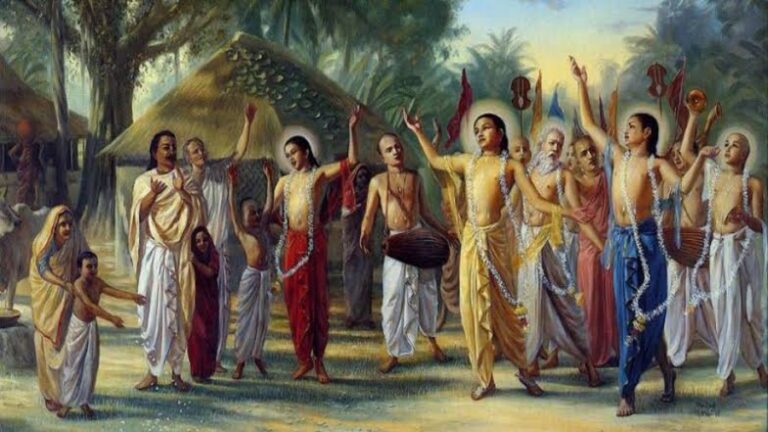
Zubeen Garg, one of Assam’s most celebrated voices, passed away yesterday in Singapore at the age of 52. His sudden death has left millions of fans heartbroken and a region struggling to come to terms with the loss of its cultural icon.
A Life of Music and Art
Born in Jorhat, Assam, Zubeen grew up in a family that nurtured his love for music. Over the years, he became a household name not only in Assam but across India. He sang in several languages, acted in films, and composed timeless melodies. Songs like Ya Ali from the Bollywood film Gangster brought him national recognition, while his Assamese works kept him deeply rooted in the heart of his people.
Zubeen Garg also left his mark on Bollywood with several more memorable songs such as Dil Tu Hi Bataa from Krrish 3 (2013), Dilruba from Namastey London (2007), and Rama Re from Kaante (2002), which further showcased his versatility.
Zubeen Garg was also a philanthropist, a voice for social causes, and a fearless personality who often spoke up for Assam’s identity and pride. His versatility and outspoken nature made him more than just a singer; he was a symbol of cultural resilience.
Zubeen was in Singapore to take part in the North-East India Festival, a celebration of culture and music. After a yacht trip, he reportedly went for a swim. While in the water, he suddenly experienced breathing difficulties, and some witnesses say a seizure might have caused them. Despite rushing him to Singapore General Hospital, doctors could not revive him.
His death has prompted questions about whether authorities took proper precautions, especially given his history of seizures. The Assam government has now ordered an investigation, and his close associates are calling for accountability from the event organizers.
A Legacy That Lives On
Zubeen’s musical journey began at just 19, when he released his debut album Anamika in 1992. The album became a sensation in the Northeast and opened doors for him to experiment further. Eventually, he moved to Mumbai to explore opportunities in the film industry. While he recorded several tracks for films and albums, it was Ya Ali that catapulted him into the national spotlight.
Over the years, Zubeen established himself as one of India’s most prolific singers, recording more than 32,000 songs in nearly 40 languages. In 2000, he directed and acted in the Assamese film Tumi Mor Matho Mor. Later, he worked on another Assamese film, Dinabandhu, for which he received the National Award in 2005.
Today, crowds are gathering to pay tribute, and the state government announced that they will bring his mortal remains back to Guwahati so the public can bid farewell.
Zubeen Garg’s journey ended too soon, but his music, his boldness, and his love for his people will continue to echo in every home where his songs once brought joy. His voice may have fallen silent, but his spirit remains alive in the heart of Assam.
Stay updated with The World Times.



